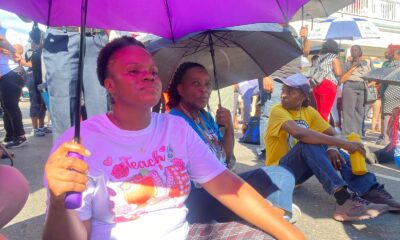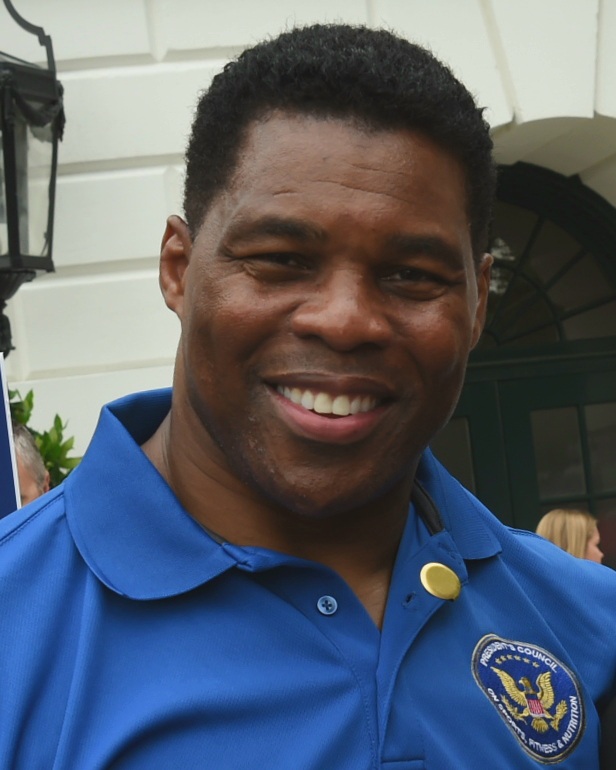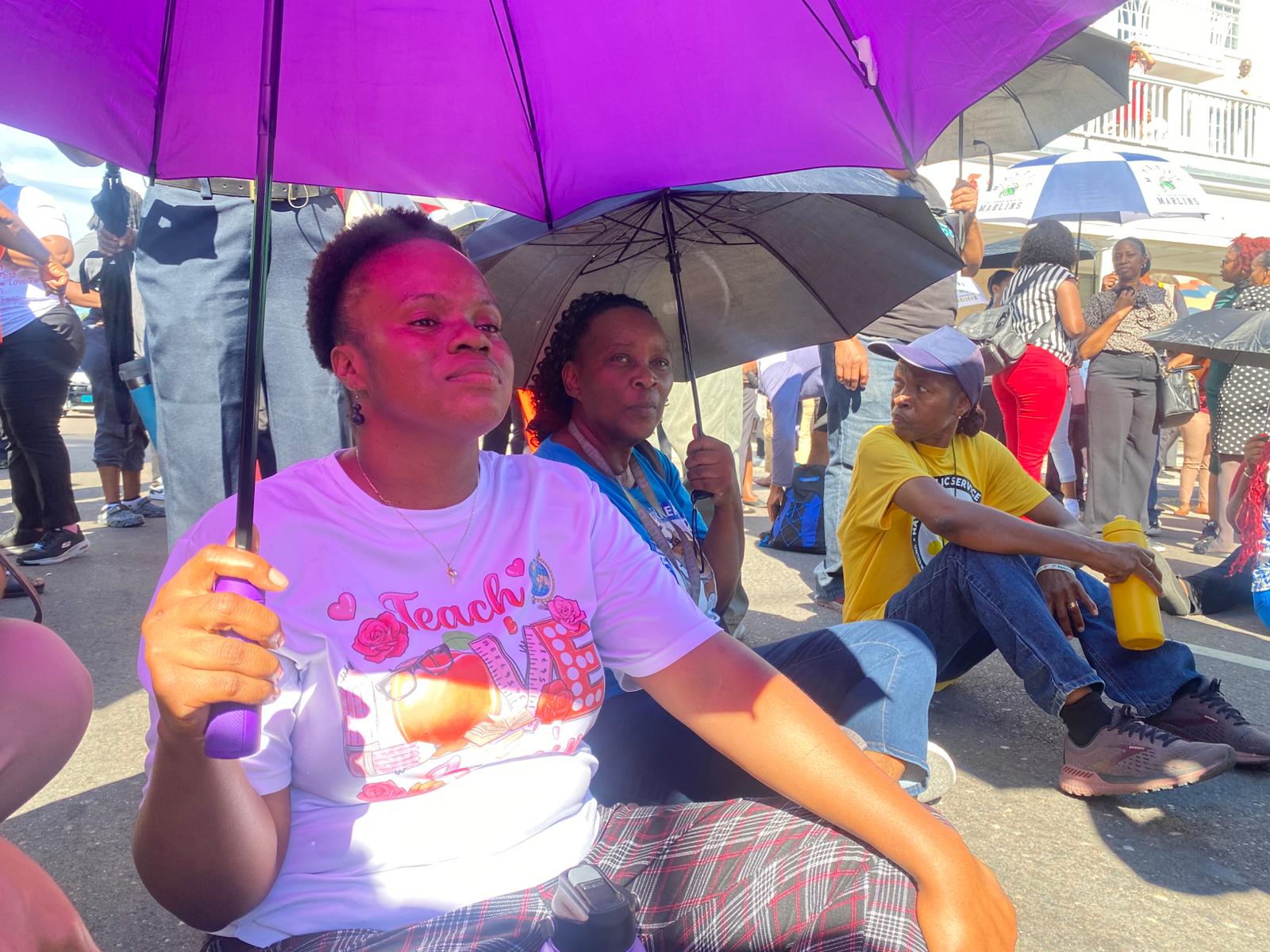Deandrea Hamilton
Editor
The Bahamas, January 10, 2025 – Imported and store bought food will, by April 1, be less expensive in The Bahamas due to a hefty cut in Value Added Tax (VAT) announced by Philip Davis, Bahamas Prime Minister in a New Year’s national address on January 8.
“I am pleased to announce a 50% reduction in the VAT rate on all food sold in food stores. Beginning April 1st, the rate will be cut in half from 10% to 5%. This new 5% rate will apply to all food in the food stores, including fresh fruits and vegetables, baby food, lunch snacks and frozen foods. However, it will not apply to prepared foods in the deli.
This rate reduction will also apply to the importation of all items previously mentioned. The effective date is April 1st in order to give merchants and foodstores time to make the necessary adjustments.”
merchants and foodstores time to make the necessary adjustments.”
For many families, the cost of food has been nothing short of shocking and the issue became a game-changing factor in deciding the recent US elections.
Bahamians have hinted at the same concerns at home.
In November 2023, former Prime Minister, Hubert Minnis and Anglican Archbishop Laish Boyd were among those calling for a decrease in VAT on bread basket items.
“The cuts in certain food duties in the budget for this fiscal year are not enough. We in the Opposition have also called numerous times for the government to remove its 10 percent VAT on bread basket items and medicines that it imposed unnecessarily,” said Minnis.
Davis says that and more is on the way.
“VAT is not the cause of the high price of food, but for those with the tightest disposable income, reducing VAT by 50% will make a difference.
This reduction will not impact our fiscal targets for this year.”
Last year, the US government estimated that U.S. food prices would increase 2.3 percent and by year end, the Food and Agriculture Organization, FAO explained that just about all food prices hit staggering levels, though some decreases were forecast.
Rice, Vegetable Oil, Meat and Dairy all increased in 2024, said the FAO, which also informed in a December 2024 report that its FFPI (FAO Food Price Index) spiked at the end of the year to 6.7% above 2023.
Additionally, the reports explained: “FAO All Rice Price Index: Rose 0.8% from the 2023 average, which is a 16-year high. FAO Vegetable Oil Price Index: Averaged 9.4% higher than 2023 due to tightening global supplies. FAO Meat Price Index: Was 2.7% above the 2023 average, with higher prices for bovine, ovine, and poultry meats. FAO Dairy Price Index: Averaged 4.7% higher than 2023, due mainly to surging butter prices.”
Bahamians felt it too and many rejected information from The Bahamas National Statistical Institute (BNSI) which conveyed the consumer price index (CPI) was down in the first quarter of last year, that The Bahamas saw an increase during summer months after which it held relatively steady, due to the slight bump, in September.
“This September 2024 remained constant with August, and followed a 0.1% increase between the months of July 2024 and August 2024. On a month to month basis, the major increases, by Group, included Furnishing and Household Equipment and routine household maintenance 3.7%, Restaurant & Hotels 0.6% along with Miscellaneous Goods and Services 0.5%. Meanwhile, the major decreases by group consisted of Food and Non-alcoholic 1.6 %, Health 0.9%, along with Education 0.4%,” informed a report from BNSI published in September 2024.
The Prime Minister acknowledged the high cost of living, which goes well beyond how expensive groceries have become. A housing crisis compounded by surging electricity bills become significant factors in the quality of life Bahamians were able to afford in 2024.
“The high cost of energy runs right throughout the economy. Important parts of our outdated electricity grid date back to before Independence. Some of them are so old that no one makes the parts to fix them anymore. But we can’t build a successful economy – and Bahamians can’t build their own success stories — if we continue to be burdened by an old, outdated, system, dependent on heavy and diesel fuels.
An unreliable system, and above all, an expensive system. You simply can’t build a 21st Century economy with 20th century infrastructure. So, we’re reforming, upgrading, modernizing. Solar panels are going to go up, and prices are going to come down. We are partnering with Bahamian companies across our Family Islands, to meet the unique needs of each. We are going to have New Providence’s first utility-scale solar field.
Bahamian companies across our Family Islands, to meet the unique needs of each. We are going to have New Providence’s first utility-scale solar field.
We’re integrating LNG.” he said.
A special initiative was launched by Bahamas Power and Light, BPL over the holiday season. An attempt to get consumers to pay their overdue bills and see their electricity restored, when they made that effort.
Residents though are still forced to make tough choices as apartment units and real estate buys are priced too high and rent is chomping away at a large portion of salaries.
“The huge increase in costs of housing has also helped to drive up the cost of living. We’re building affordable housing, and we are piloting a Rent-to-Own programme. But while these are important, they aren’t reaching enough Bahamians yet. So even as we work to expand those efforts, we’re exploring ways to incentivize the private sector to build more. Increasing the supply of housing is the best way to see reductions in the cost of housing. We have also expanded concessions to first-time homeowners, because it’s so hard to make that big leap,” said Prime Minister Davis.
Reaction to the reduction in VAT from 10% to 5% in The Bahamas is healthy and that break will be important this year. It is forecast by the USDA’s Economic Research Service that despite a Donald Trump presidency, food prices in the United States are still expected to jump by nearly 2% in 2025.


 Health1 week ago
Health1 week ago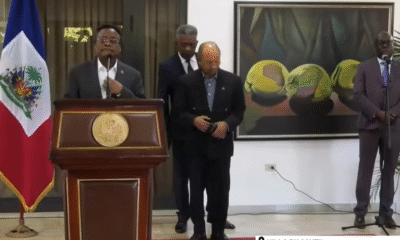
 world news1 week ago
world news1 week ago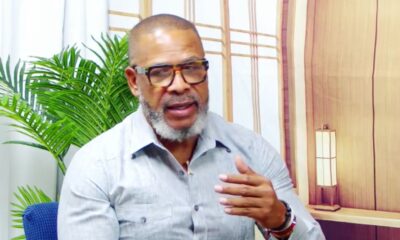
 TCI News1 week ago
TCI News1 week ago
 TCI News1 week ago
TCI News1 week ago
 USA1 week ago
USA1 week ago
 TCI News1 day ago
TCI News1 day ago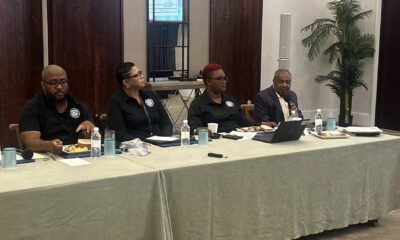
 TCI News13 hours ago
TCI News13 hours ago


